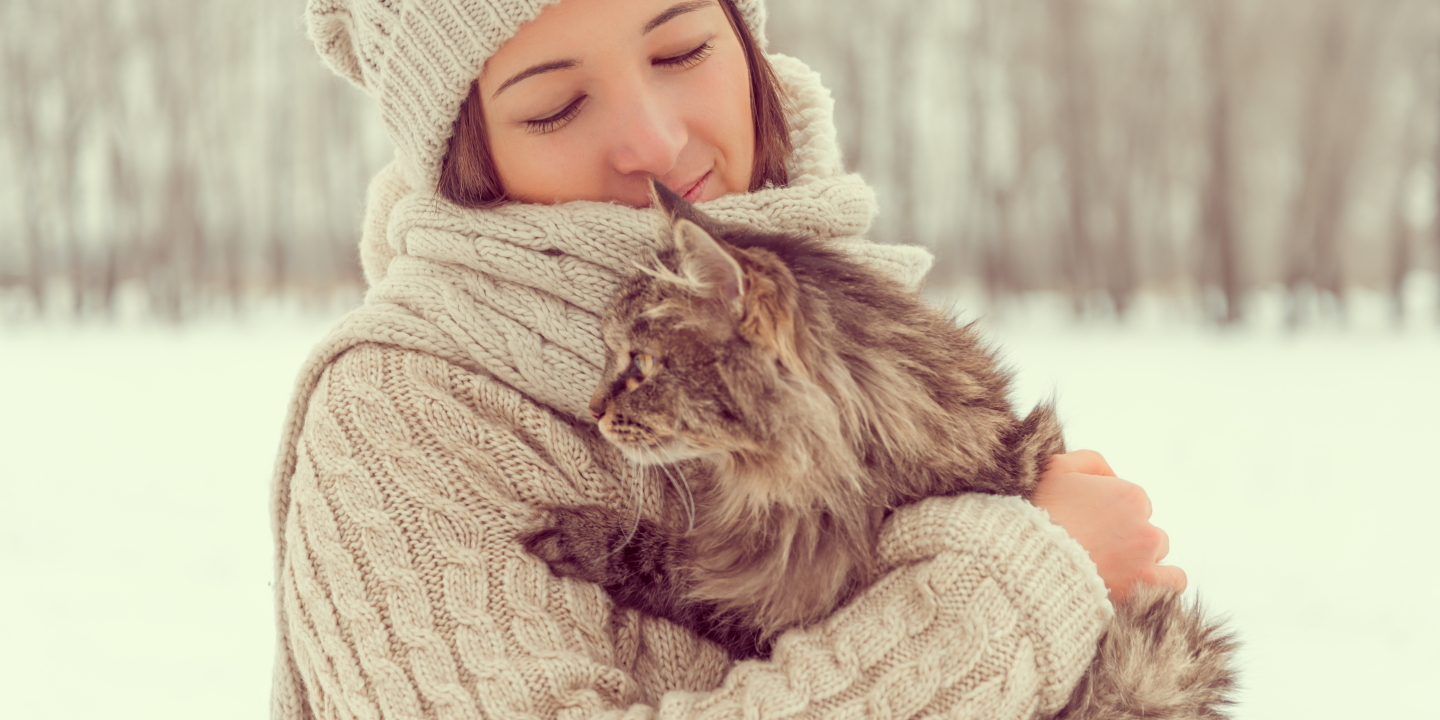Hydration
Hydration refers to the amount of water in the body, and maintaining normal hydration for our feline friends (and for ourselves!) is essential for a variety of vital bodily functions, including temperature regulation, maintenance of normal electrolyte concentrations, digestion of food, lubrication of joints, and delivery of oxygen and other nutrients to the organs of the body.
From a basic perspective, the amount of water in the body is a function of how much is taken in in and how much is excreted. Water is taken into the body by drinking and via the water content in food and is lost in the form of urine, feces, bile, sweat, and humidity in exhaled breath. Any condition in which water intake is decreased and/or water loss is increased (or some combination of these two) can predispose to dehydration, with which total body water is decreased.
Dehydration can cause a number of health problems, including decreased circulation leading to multi-organ dysfunction, an inability to control body temperature, cardiac arrhythmias, and neurologic dysfunction, to name a few. Clearly, helping cats avoid becoming dehydrated is a very important aspect of their health maintenance, and being aware of how we can do this is a vital component of our being good stewards of their well-being.
Cats need to consume about 4 ounces of water per five pounds of lean body weight per day, so the average 10-pound cat should drink about one cup of water per day. It’s important to realize that cats that eat wet food, which can contain up to 80% water, may drink less, and cats that eat dry food usually take more of their daily water requirement in by drinking.
Signs of dehydration include lethargy, weakness, poor appetite, dry mucous membranes, and, in more severe cases, eyes that are sunken into their sockets.
The most common causes of dehydration in cats are diseases that cause increased water loss. Chronic kidney disease, diabetes, vomiting, diarrhea, and hyperthyroidism all fall into this category. Increased water loss can also be caused by some medications, including diuretics that are commonly used to treat heart disease. Cats can experience decreased water intake due to weakness/lethargy, decreased appetite, hesitation to drink as a result of dental problems, and lack of access to water bowls due to either owner failure to provide water (or outdoor lifestyle with no access to water) or territorial conflicts among cats in a household.
Physical indicators of dehydration include dry/tacky mucous membranes (usually checked in the gums) and decreased skin turgor (elasticity). Skin turgor can be tested by gently lifting the skin over the shoulders and determining how long it takes to “snap back” to its original position. In normally hydrated cats, this should occur almost immediately, while in dehydrated cats, this may take much longer, and in some cases the skin may remain “tented”. It is important to note that geriatric cats may show decreased skin turgor even when they are normally hydrated.
Cats can be prompted to increase their water intake by always having fresh water available in places that they can easily access and by assuring that there are no conflicts among cats and/or other pets that may result in a particular cat being ”banned” from the water bowl by other four-legged friends in the house. Some cats increase their intake of water when provided with water fountains, but individual preferences among cats for these varies. Feeding wet food and/or adding water to food is another good way to increase water intake; and, in some cases, flavoring the water with a small amount of either water from a can of tuna or low sodium chicken broth can prompt a cat to drink more.
If you are concerned that your cat is dehydrated, you should contact a veterinarian promptly. Dehydration can be addressed in the veterinary clinical setting by either intravenous or subcutaneous fluid therapy, and restoring normal hydration is often a major treatment goal in cats that are diagnosed with a variety of diseases. Of course, determining why a cat is dehydrated is another very important aspect of providing optimal veterinary care.
last updated 2021




